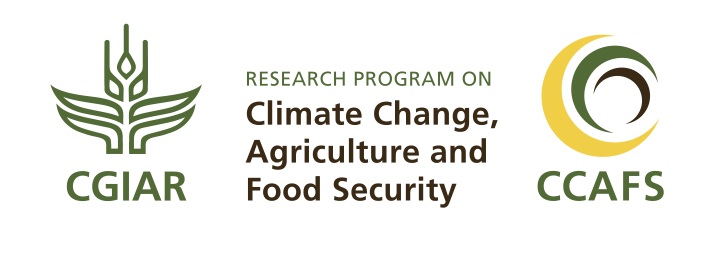26 June 2015. Scidev. Accra Ghana. A large-scale project that seeks to help smallholders adapt to climate change by practising agricultural systems that integrate tree planting, rearing of livestock and crop production has begun in West Africa.
The Building Resilient Agro-forestry Pastoral Systems through Participatory Action Research (BRAS-PAR) project aims to improve the understanding of farmers’ perceptions and demands by addressing barriers to technology adoption while taking into consideration gender and social differentiation.
Robert B. Zougmoré, who leads CGIAR’s Research Program on Climate Change, Agriculture and Food Security (CCAFS) in West Africa, says the project’s work plans include assessment of needs to build the capacity of stakeholders in adaptation planning.
The BRAS-PAR projectis led by the World Agroforestry Centre (ICRAF), with US$2 million funding from CCAFS, Zougmoré adds.
The four-year project, launched last month (4 May) in Ouagadougou, Burkina Faso, is being implemented by
The Building Resilient Agro-forestry Pastoral Systems through Participatory Action Research (BRAS-PAR) project aims to improve the understanding of farmers’ perceptions and demands by addressing barriers to technology adoption while taking into consideration gender and social differentiation.
Robert B. Zougmoré, who leads CGIAR’s Research Program on Climate Change, Agriculture and Food Security (CCAFS) in West Africa, says the project’s work plans include assessment of needs to build the capacity of stakeholders in adaptation planning.
According to Zougmoré, the objectives of the project include engaging rural communities and other stakeholders to test and validate scalable climate-smart models of integrated crop-livestock-tree systems, and the dominant farming systems in the region.“The CGIAR system through the [Research Program on] CCAFS is willing through these kind of projects to generate the scientific knowledge and evidence about agricultural options that can work well in West Africa.”
The BRAS-PAR projectis led by the World Agroforestry Centre (ICRAF), with US$2 million funding from CCAFS, Zougmoré adds.
The four-year project, launched last month (4 May) in Ouagadougou, Burkina Faso, is being implemented by
- the Environment and Agricultural Research Institute, Burkina Faso;
- Savanna Agricultural Research Institute, Ghana;
- National Institute for Agricultural Research,
- Niger and the Senegalese Agricultural Research Institute, Senegal.


No comments:
Post a Comment